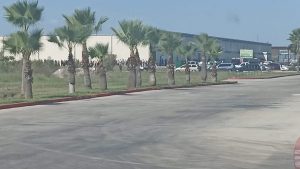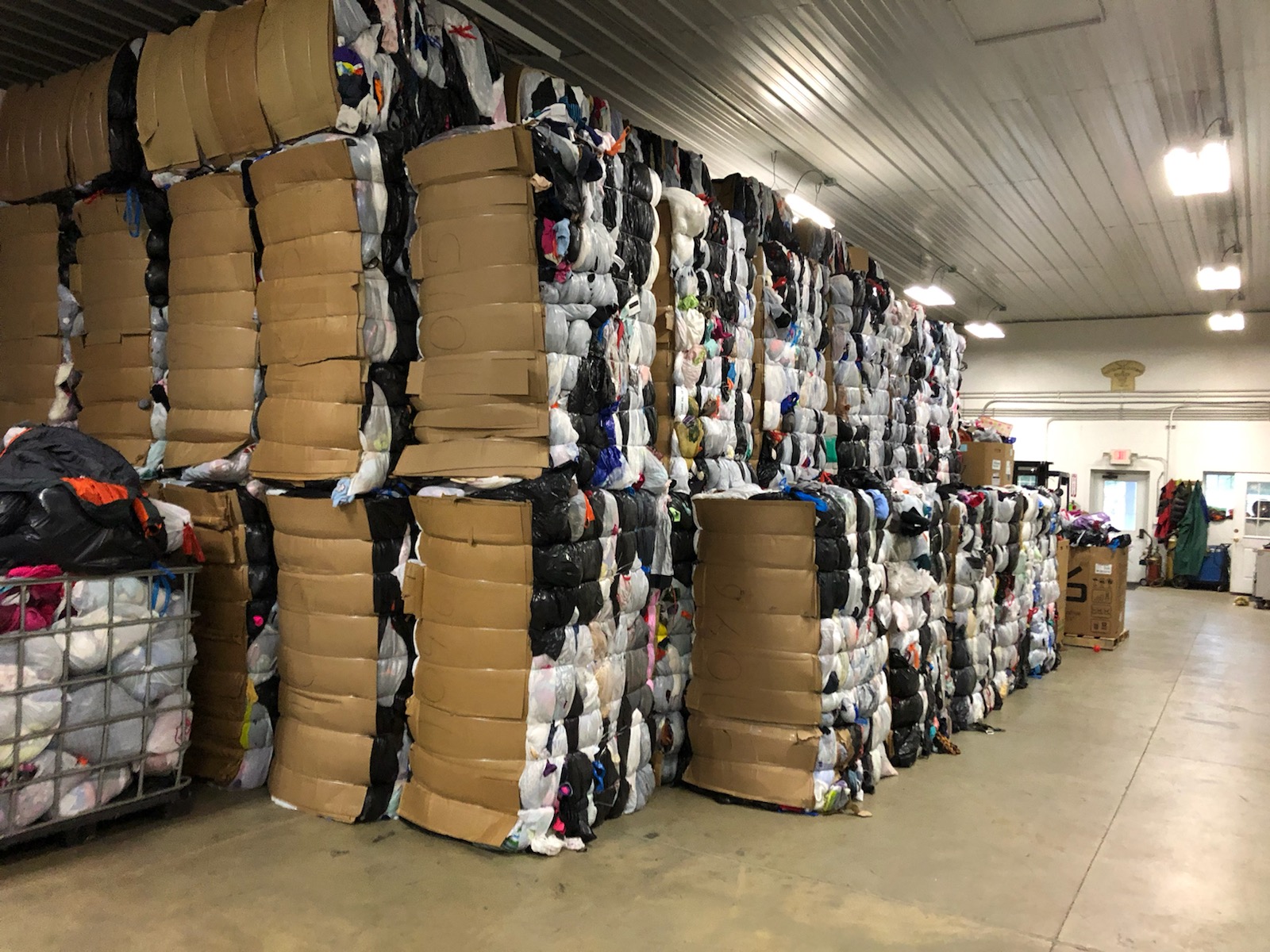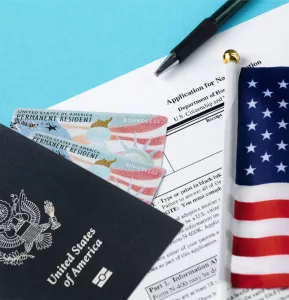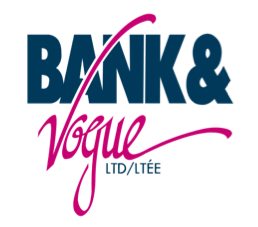The human side of circularity remains at risk
Over recent months, U.S. border enforcement and immigration activity have continued to reshape the labour landscape across southern states—particularly Texas, Arizona, and California—where a large share of the nation’s secondhand textile collection, sorting, and baling work takes place.
Increased enforcement operations by U.S. Immigration and Customs Enforcement (ICE) and cooperation with state-level authorities have led to continued uncertainty for many essential workers. While large apparel importers face tariff and classification checks, the reuse sector feels the impact on people, not policy—through labour shortages, slower collection rates, and interruptions in warehouse and transport efficiency.
At Bank & Vogue, we’ve long said that circularity doesn’t just depend on logistics; it depends on people. When the workforce behind reuse feels unstable, every layer of the circular chain—from donation pickup to export documentation—feels it too.
What’s changed since mid-2025
According to recent updates from U.S. Customs and Border Protection (CBP) and ICE, enforcement priorities for FY 2025 remain focused on textiles and apparel as a Priority Trade Issue, but now intersect more closely with immigration enforcement activities in warehousing and transport.
-
More frequent audits and site visits have been reported in logistics zones near border corridors, where secondhand textiles are sorted and consolidated.
-
Labour verification checks are being coordinated with broader compliance sweeps, prompting some operators to limit hours, postpone shipments, or redirect sorting activity to neighbouring states.
-
Driver shortages and longer clearance times are recurring in El Paso, Laredo, and McAllen, where transport companies report reduced capacity during enforcement surges.
Although these developments are meant to ensure legal compliance, they also create ripple effects in a circular industry built on small and medium operators—many of whom employ long-standing migrant workforces with deep ties to their local communities.


Why this matters to the reuse industry
Our sector thrives on agility. Every week of slowed collection or warehouse activity means fewer bales shipped to global partners and fewer garments diverted from disposal streams.
When enforcement uncertainty limits that flow, it challenges the very efficiency that makes reuse sustainable—not because of policy disagreement, but because operational bottlenecks translate into material that sits longer, moves slower, and risks losing value.
Circular business models are built on collaboration, not disruption. The industry depends on transparency, traceability, and fair working conditions—principles that align directly with compliance goals, not against them.
Supporting responsible operations and inclusion
Bank & Vogue continues to work with suppliers, brokers, and community partners to mitigate these disruptions responsibly:
-
Prioritizing communication with U.S. partners to anticipate potential delays and redirect loads efficiently.
-
Encouraging documentation readiness across warehouses to avoid secondary inspections or processing slowdowns.
-
Advocating for workforce inclusion, recognizing that immigrant and migrant workers remain the backbone of the reuse economy in the United States.
We stand with the belief that:
Circularity depends on inclusion.
Economic resilience requires labour security.
Human dignity is essential to sustainable business.


Looking ahead
As of November 2025, enforcement is expected to remain steady through the new fiscal year. Businesses in the secondhand textile sector should maintain flexibility in logistics planning, diversify warehousing locations where feasible, and reinforce compliance documentation—from labour verification to export manifests.
The reuse community has always adapted through change. By staying transparent, informed, and connected, we can ensure that border enforcement measures don’t stall circular progress—but strengthen it through responsible, lawful, and people-centred practices.
At Bank & Vogue, we help partners navigate these realities—combining regulatory compliance with our commitment to inclusive, circular trade.
If you’re experiencing shipment delays or labour disruptions, reach out to our team for guidance and partnership support.








